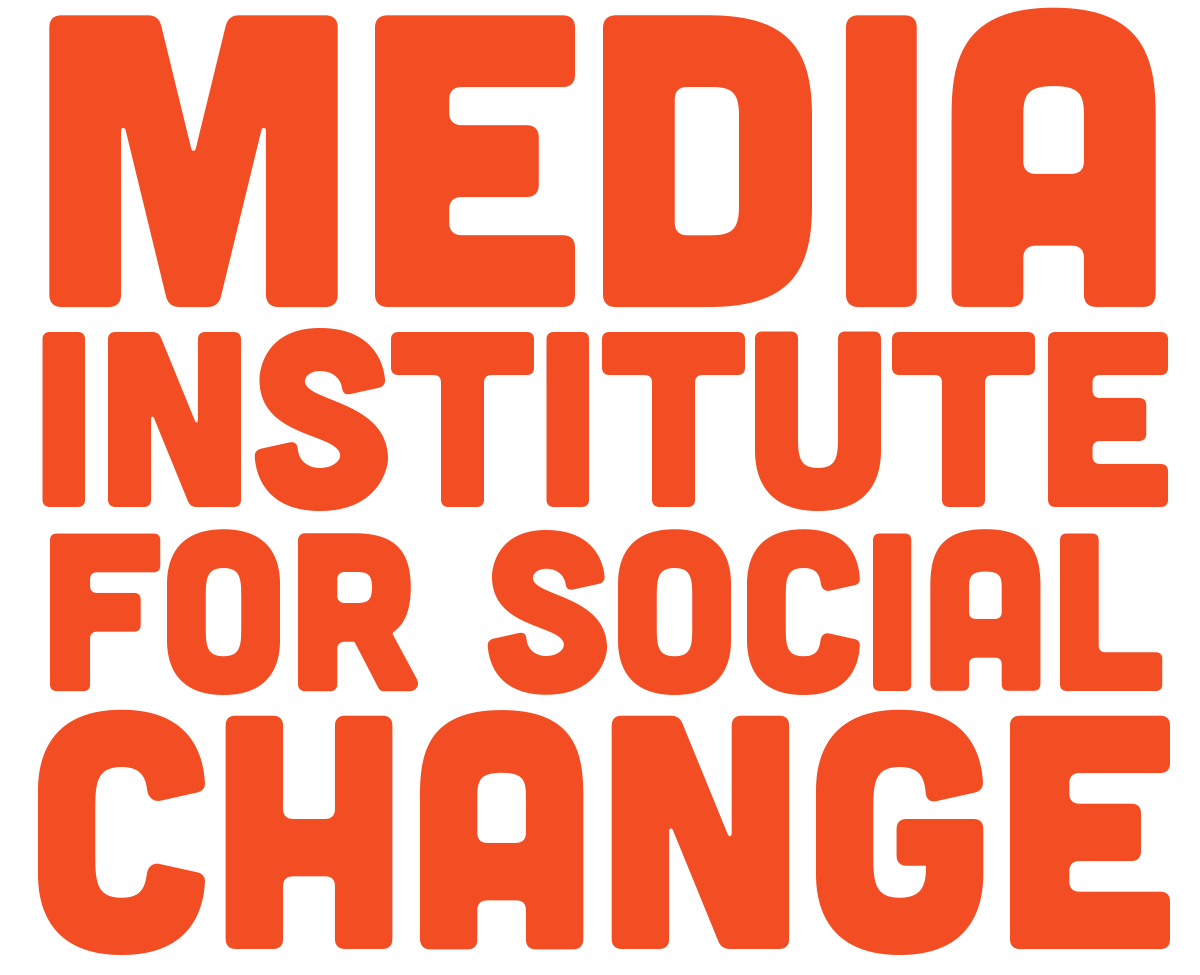Julie Perini makes experimental and documentary videos and films. Preoccupied with daily life, her short-form personal works are autobiographical, self-reflective, and expressive. Her documentary feature films are produced within and alongside contemporary social movements. Learn more about Julie and her work here.
On Thursday, February 22 Julie will be in conversation with Phil Busse at Reed College, 6:30 - 8 pm. Psychology Building 105 as part of the 2018 Greenberg Social Impact Media Producer Lecture Series.
CC: Arresting Power was a collaborative work. What do you see as some of the virtues and vices working in a group for decision-making on creative projects?
JP: One of the many virtues of working in the group I worked with on Arresting Power is that every single decision is processed and given thought by three people. That means careful consideration has gone into every interview question, every edit, every story arc. And when working on a project such as ours that raised many ethical, political, and emotional concerns, working in a group was valuable so that we could support one another in our thinking and feeling through the process. A vice of working on a project in a group is that everything was a negotiation, I had less freedom to follow my own ideas and whims. Also balancing workloads fairly can be a challenge.
CC: Can you provide three adjectives to describe Minutes Movies? And, is there a social commentary you are hoping from pieces like Lamp Post or Ice Skating, or is it more about what captures you that day?
JP: Spontaneous - Mundane - Composed
There is no intentional social commentary I am working to put forth with this daily practice. With my Minute Movies practice I focus on the real, lived, material conditions of my existence, the tiny moments of life that otherwise are unnoticed and unexamined. I do believe our primary way of understanding the world is through our material conditions - the objects and systems that surround our bodies and consciousness. That's where I put my focus, the focus of the camera, and I invite anyone who views these videos to focus here too.
CC: Do you worry about attracting an audience to your experimental films? And, if so, does that push you towards creating more conventional story structure to bring them in? Or, is your attitude simply you produce-it-and-viewers-will- come?
JP: I do not worry about attracting audiences to my experimental films. In fact, I try not to worry about anything and instead I focus on feeling real emotions such as fear, grief, anger, and joy. I think of experimental film like poetry and noise music - these are all art forms that have small but devoted followings. Working in these modes necessarily limits the audience who will see it, however the artwork itself can be uncompromising, it can be exactly what the artist believes it needs to be, without concern for the number of people who will experience it or the amount of money it will make.

